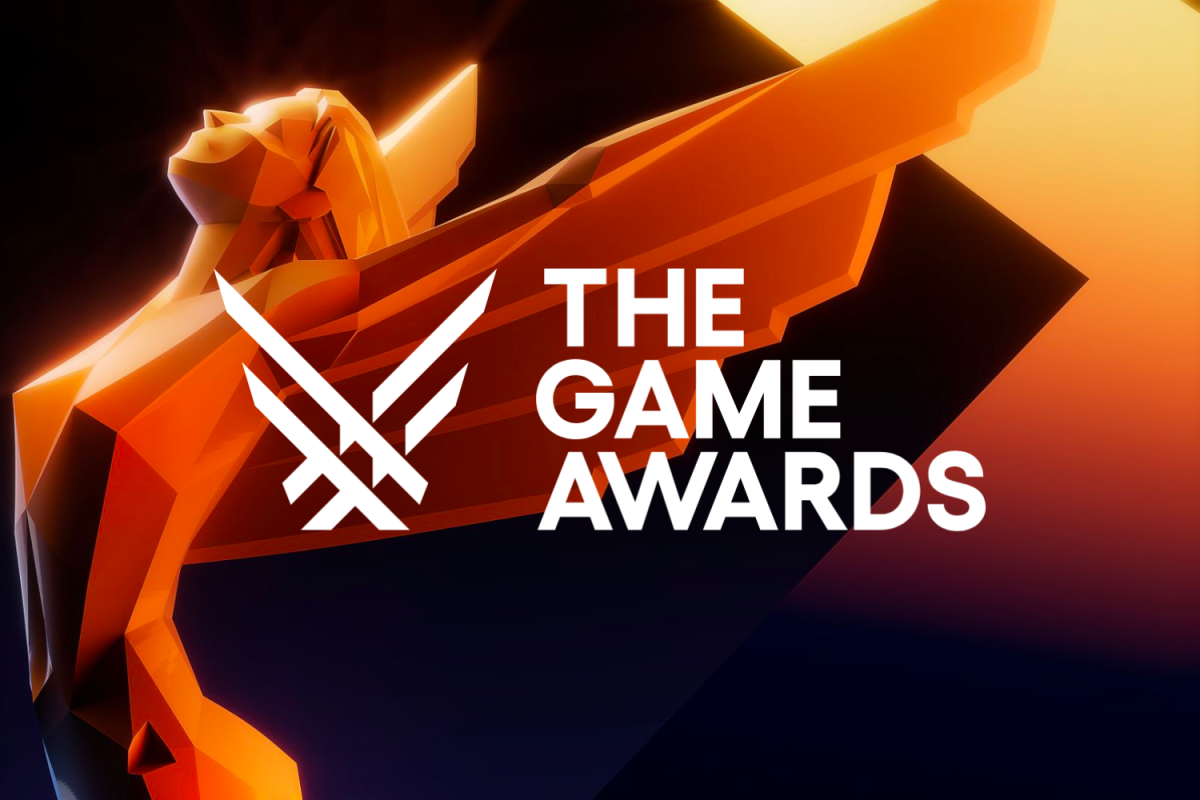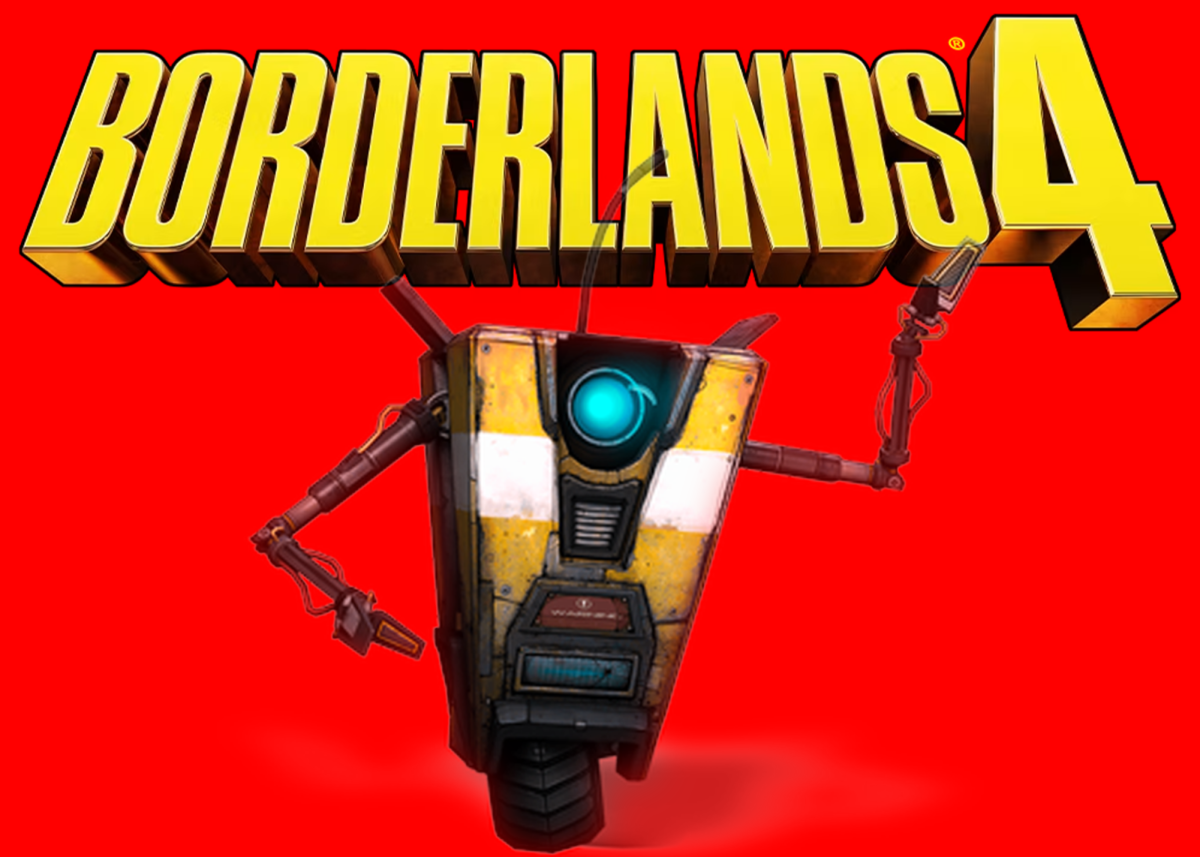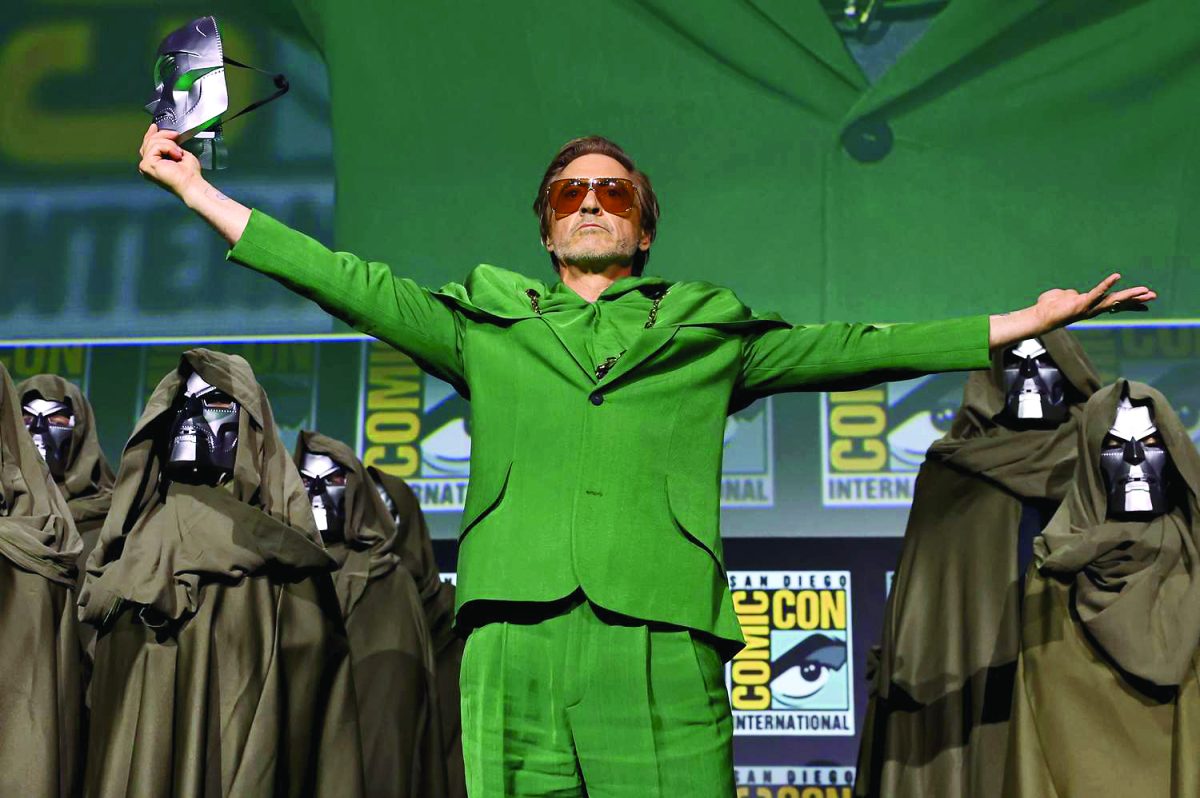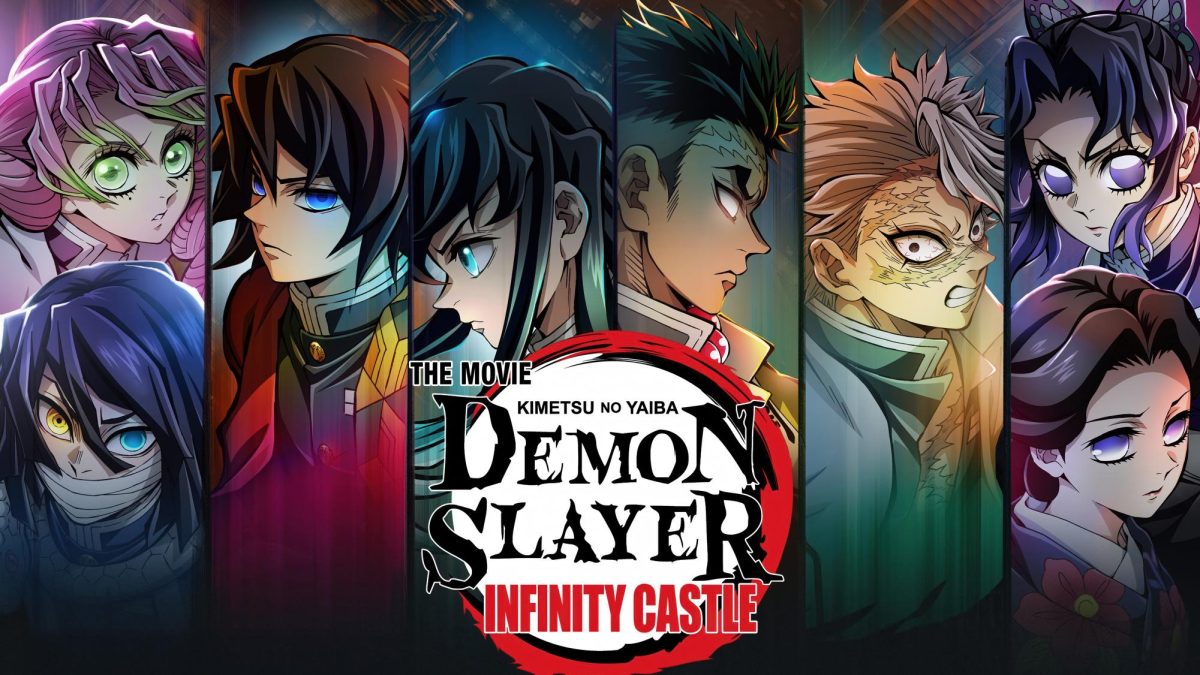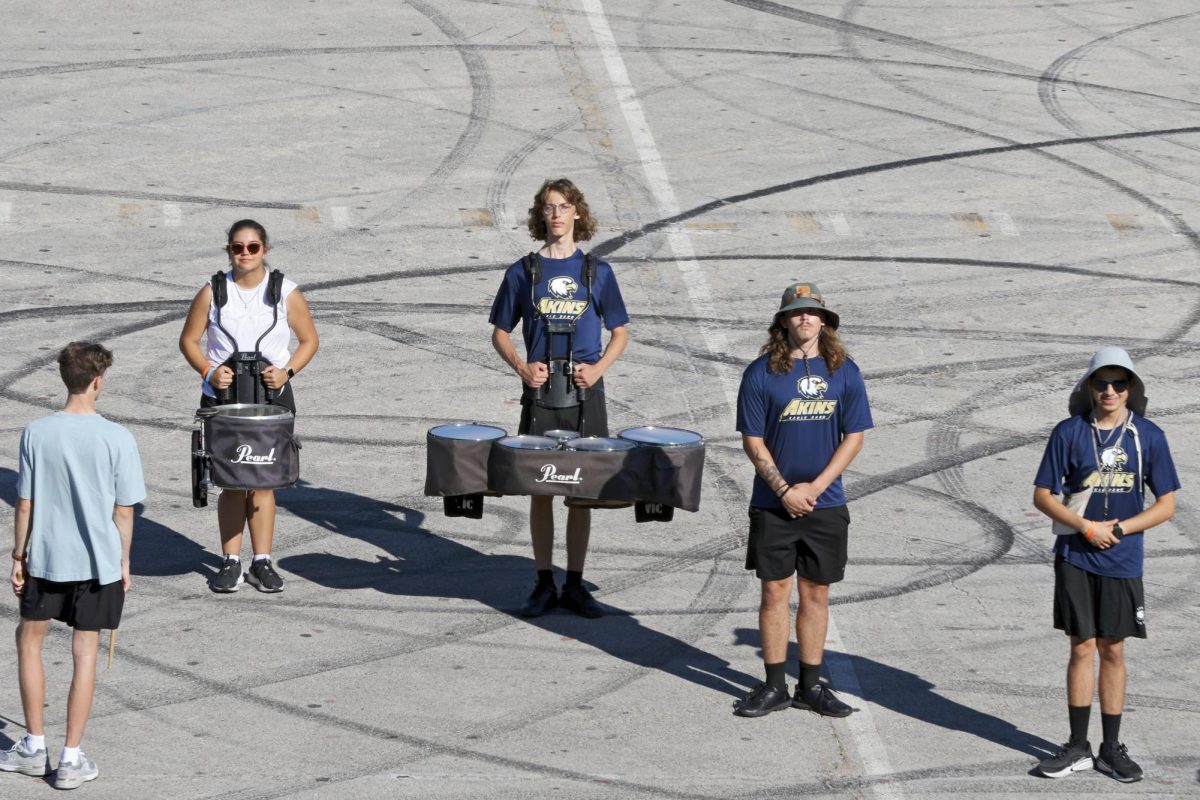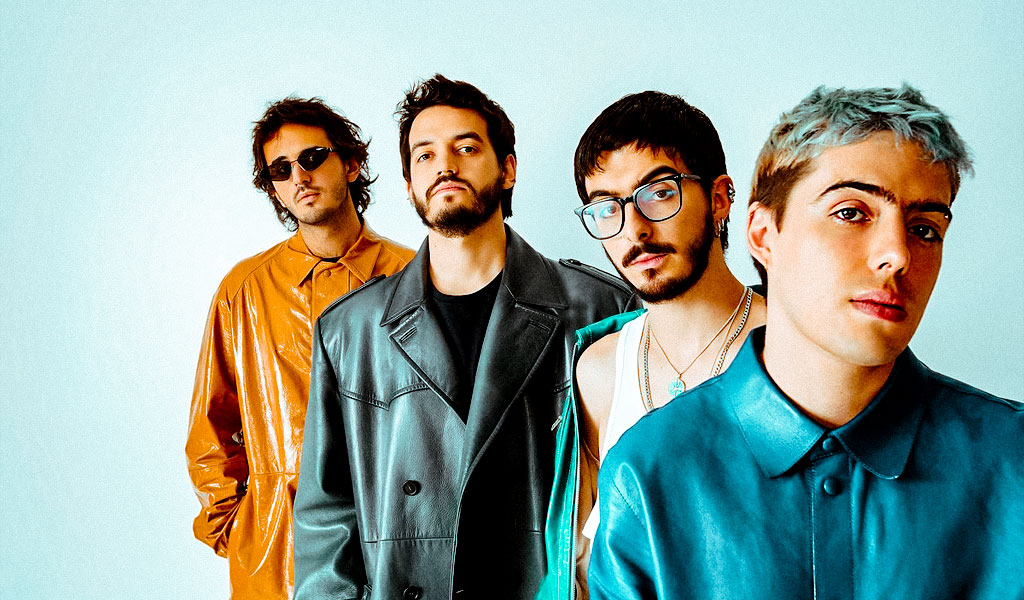Many people could have predicted a Baldur’s Gate 3 Game of the Year win, but no one could have predicted the absolute sweep of other category wins it would take and the controversy — once again — stirring around The Game Awards.
On Dec. 7, 2023, The Game Awards, an annual event held to commemorate the greatest games of the year in various categories, held its awards show event at the Peacock Theater in Los Angeles. Over 1.3 million people tuned in to its worldwide livestreams on Twitch and YouTube to see announcements of anticipated and newly revealed upcoming games and, of course, the announcements of the best games of the year.
The event always begins with a small pre-show of announcements and the winners of some of the minor categories such as eSports and Creator of the Year, with nothing particularly notable other than a new game from the creator of Inscryption, which won GOTY from many smaller outlets in 2021.
On the topic of announcements, the main show did feature some exciting ones like Exodus, an upcoming game featuring Mathew McConaughey who filmed a PSA here at Akins earlier this year, a new game from the creators of Persona, the second game from the studio behind No Man’s Sky and a tease of the next mainline entry of the Monster Hunter franchise. To be honest though, even without being compared to the first-look trailer of GTA 6, the most anticipated game of all time, from four days earlier, none of the announcements were particularly interesting compared to previous years.
So what of the actual award winners? Alan Wake 2 won three awards in Best Game Direction, Best Art Direction and Best Narrative, which seems fair from its innovative mix of multimedia within the game. Baldur’s Gate 3 however, managed to win the titular Game of the Year, as well as 4 other awards in Best Performance, Best Multiplayer Game, Best Community Support, Best Role Playing Game (RPG) and Player’s Voice.
This wouldn’t be too much of a surprise for what many might call a new peak for RPG games, but considering that those awards are a fifth of the total game awards, it seems somewhat unfair to the other games, especially Spider-Man 2, which was nominated for 7 categories and won none. In contrast, many people were satisfied with Elden Ring’s win of GOTY last year since the popular God of War Ragnarok was able to win 6 other categories in a year of sparser competition.
I wouldn’t have as many issues with the award winners if the awards section of the show was able to give hard-working developers a few moments to thank their supporters and coworkers, however, this year’s show has garnered even more controversy than previous ones for not giving developers enough time to talk about the challenges they faced, nevermind the thousands of developers that have been laid off this year while the industry breaks record profits.
Some reports from award winners reveal they were told to limit their speeches to only 30 seconds, and while Geoff Keighley, the host and creator of the show, posted on X (formerly Twitter) that he relaxed the rule during the show, the damage to the platform was already done and many developers where still musically cued off the stage.
Many people, including myself, also didn’t like the length of the entire show, which went on for about 3 hours and 45 minutes including the pre-show.
If that wasn’t bad enough, one of my biggest gripes with the event this year was the way many of the awards were given out unceremoniously, with awards such as Best Indie Game and Best Action Game rattled off before cutting to commercial. It’s important to remember that these events mean a lot to developers, whose only opportunity to meet and speak with fans of their work might be award shows like these, and ironically, the platform Keighley had stated earlier in the event was a platform to embrace indie games didn’t have the time to hear their hard-working creators speak.
So what now? The most obvious solution to avoid repeating these mistakes is to change the scheduling of the event to allow more time for award winners to speak their minds in next year’s event. That would mean cutting back on reveals and adverts which I know is crucial to funding the event and reserving the venue, so it’s a careful balancing act every year. To be clear, I don’t wish for this article to appear as a scathing criticism of Keighley or the Game Awards, as I know large teams of people put in lots of hard work and experimentation every year to strike a balance between the audience who mostly cares about reveals and appreciating the best work of creators in the past year.

